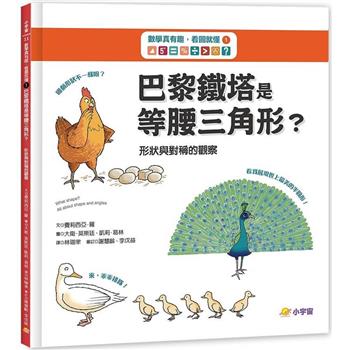This book explores the role of faith and politics in shaping the international relations of South Asia.
Adopting a neoclassical realist framework and a discourse-historical approach to analyse how religious actors construct their political identities and interests through the interpretation of sacred texts, or exegesis, the book makes several key contributions to the field of international relations. It introduces the concept of exegesis as a novel analytical tool to understand the role of religion in world politics. The book argues that exegesis is not only a theological exercise but also a political one, as it shapes the worldviews, values, norms, and interests of religious actors. The author applies exegesis to three case studies of South Asia: the partition of India and Pakistan; the rise of Hindu nationalism in India; and the emergence of Islamic radicalism in Pakistan and resurging signs of the same in Bangladesh. The research then revisits and challenges the debates in religion and international relations, such as the secularization thesis, the clash of civilizations, and the rational actor model, to show how religious actors are not monolithic, homogeneous, or irrational, but rather diverse, heterogeneous, and strategic.
The book offers a nuanced and comprehensive understanding of the role of religion in world politics, especially in the context of South Asia. Highlighting the diversity and complexity of the religious landscape in South Asia, which is home to various faiths, sects, movements, and ideologies, this book will be of interest to academics studying global politics, international relations, Asian Studies, and studies on religion and foreign policy.











